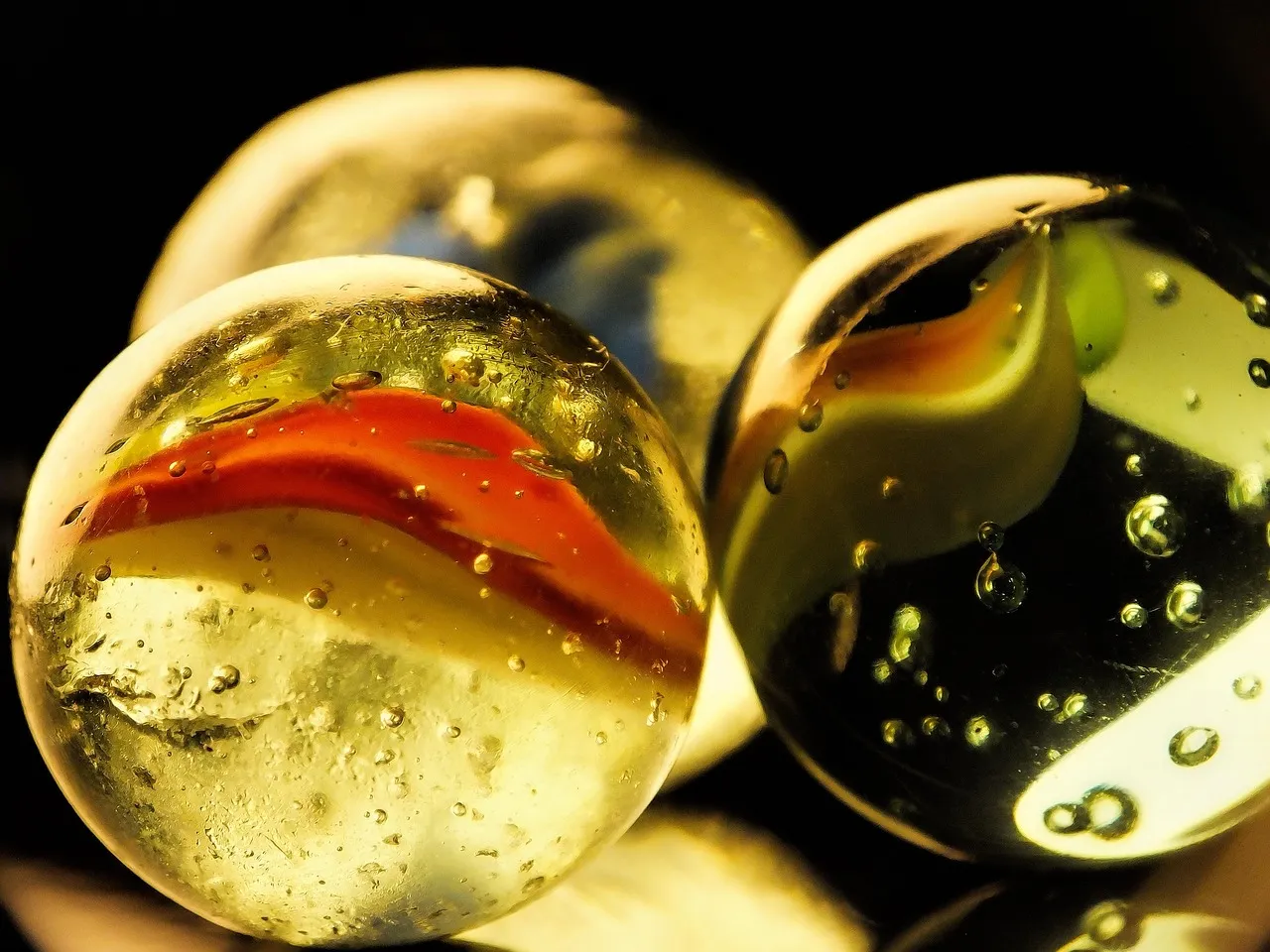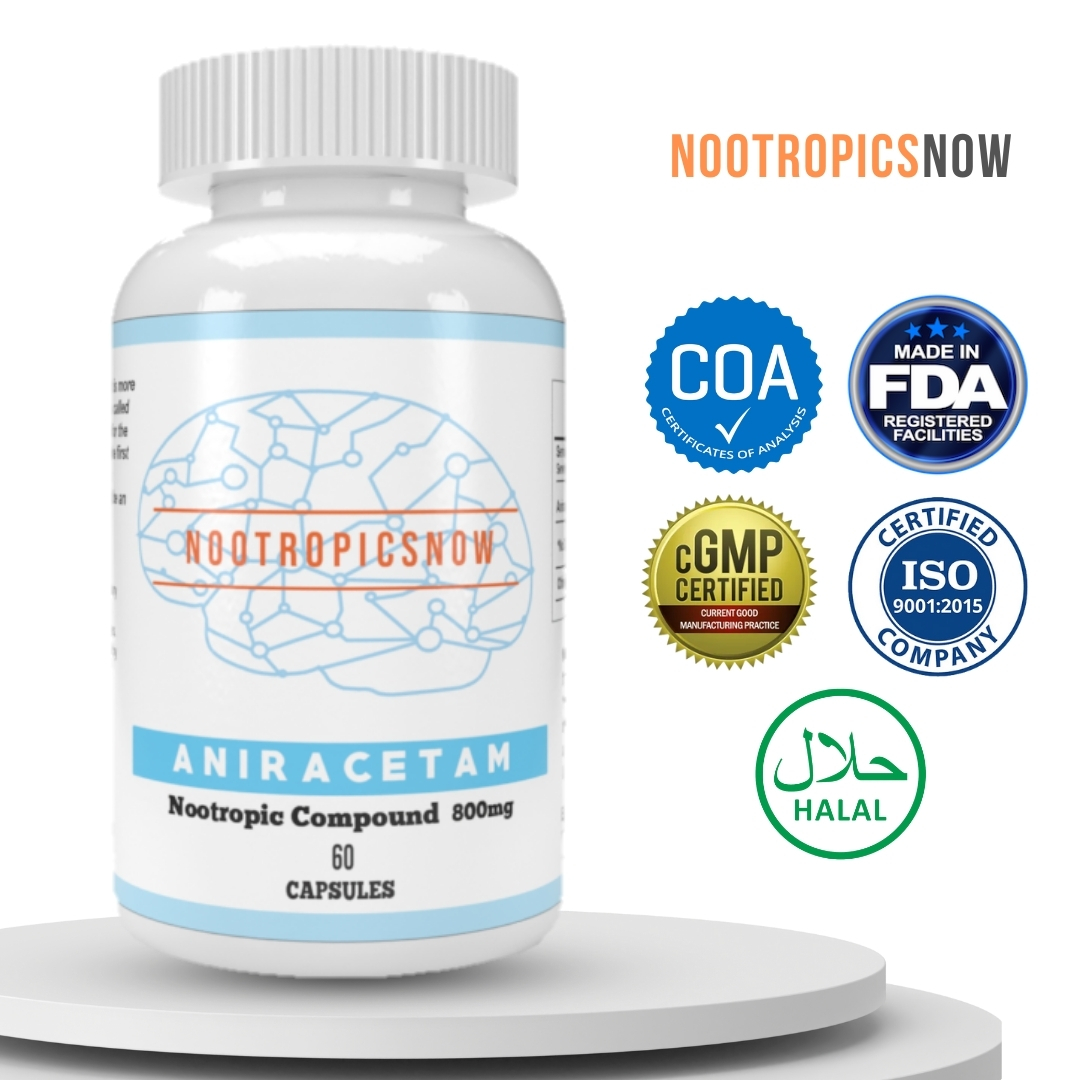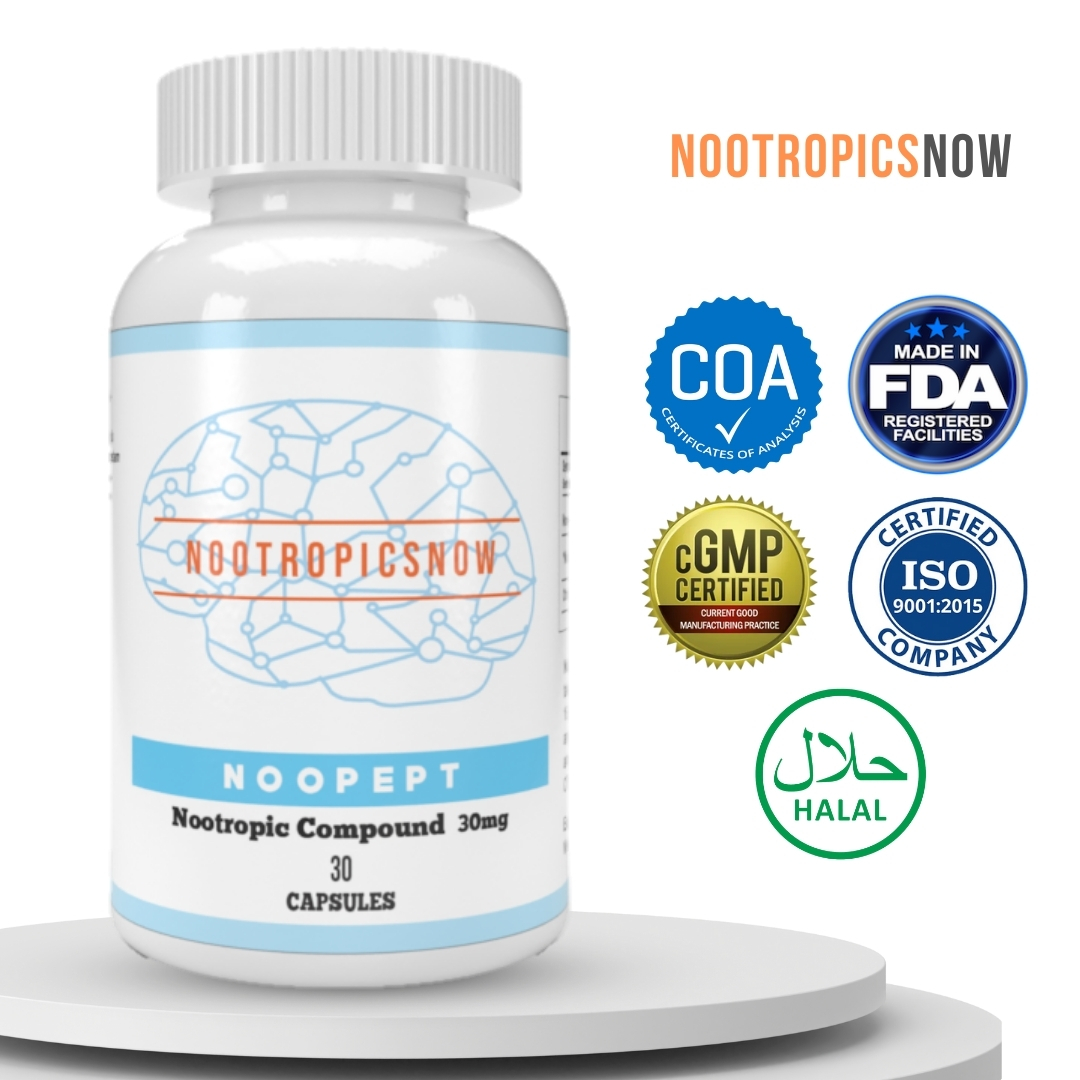Nootropics for Creativity: Boost Your Brain

Nootropics and Creativity: Unleashing Your Inner Artist

Creativity, a multifaceted cognitive process, fuels innovation and artistic expression. In recent years, interest has surged in nootropics, substances that can potentially enhance cognitive functions, including memory, focus, and, crucially, creativity. This section will explore the intersection of nootropics and creativity, examining how specific compounds may unlock untapped artistic potential. Furthermore, ethical considerations and responsible usage will be discussed.
Understanding the Creative Process and Cognitive Enhancement
Before diving into the specifics of nootropics, let’s briefly examine the cognitive components of creativity. Creativity isn’t a singular skill; instead, it’s a complex interplay of various cognitive functions. These include:
Divergent Thinking: The ability to generate a wide range of ideas, solutions, or possibilities. Brainstorming exemplifies divergent thinking.
Convergent Thinking: The capacity to narrow down options and find the most suitable solution.
Cognitive Flexibility: The agility to switch between different ideas or mental sets.
Working Memory: Holding and manipulating information in mind to connect seemingly disparate concepts.
Attention and Focus: Sustaining concentration to develop and execute creative ideas.
Nootropics, by influencing these cognitive processes, may enhance different aspects of creativity. For example, a nootropic that boosts cognitive flexibility could allow an artist to explore multiple perspectives more readily. However, it’s important to note that nootropics are not magic bullets. They are tools that, when used responsibly, might support and augment existing creative abilities.
Exploring Nootropic Options for Enhancing Creativity
Numerous nootropics are reputed to enhance creativity, with varying mechanisms of action and levels of scientific evidence. Some of the more popular options include:
Racetams
Racetams are a class of synthetic nootropics known for their potential cognitive-enhancing effects.
Piracetam: This first racetam compound may enhance cognitive flexibility and memory, fostering a more fluid creative process. However, research has yielded mixed results.

View Product
Aniracetam: Anecdotally, this racetam improves mood and reduces anxiety, thereby facilitating a more open and receptive state for creative endeavors. It also has a stimulating effect.

View Product
Oxiracetam: Known for its focus-enhancing effects, oxiracetam can help maintain concentration during demanding creative tasks, but it may be less effective for generating diverse ideas.

View Product
Phenylpiracetam: This potent racetam is reported to provide a significant boost in energy and motivation, which is beneficial for overcoming creative blocks. However, it can also lead to tolerance with frequent use.
Natural Nootropics
Many natural substances also show promise as cognitive enhancers. They are often associated with milder side effects than synthetic alternatives.
L-Theanine: Found in green tea, L-Theanine promotes relaxation without sedation. Combined with caffeine, it can provide a focused, calm energy ideal for creative work.

View Product
Caffeine: A well-known stimulant, caffeine can enhance alertness and motivation. It is important to moderate intake to avoid anxiety and jitters, which can inhibit creativity.
Bacopa Monnieri: This Ayurvedic herb enhances memory and reduces anxiety. By improving recall and promoting a calm state, it might facilitate the flow of creative ideas.

View Product
Lion’s Mane Mushroom: Containing compounds that stimulate nerve growth factor (NGF), Lion’s Mane potentially enhances neuroplasticity and cognitive function, fostering creative insights. It can take several weeks to experience the full effects.

View Product
Rhodiola Rosea: An adaptogen, Rhodiola Rosea helps manage stress and improve mental performance, creating a more conducive environment for creativity.

View Product
Creatine: Primarily known for muscular energy, creatine is shown to enhance short-term memory and reasoning skills, especially in vegetarians. It may help to process and associate the information needed for creativity.
Other Nootropic Compounds
Beyond racetams and natural options, other substances are explored for their creative potential.
Noopept: While technically a peptide, Noopept functions similarly to racetams. It’s often described as having a more pronounced effect on focus and cognitive clarity.

View Product
Alpha-GPC: This choline source can improve cognitive function and acetylcholine levels, which are crucial for memory and learning. It may indirectly improve creativity through enhanced cognitive abilities.

View Product
Citicoline (CDP-Choline): Similar to Alpha-GPC, Citicoline supports acetylcholine production and overall brain health, leading to improved cognitive function and possibly creativity.

View Product
Important Note: It’s essential to acknowledge that research on nootropics and creativity is often limited, with many findings based on anecdotal reports and small-scale studies. Therefore, experimentation should be undertaken with caution and awareness.
Optimizing Your Nootropic Usage for Creative Output
If you decide to explore nootropics for creative enhancement, consider the following strategies:
Start Low and Go Slow: Begin with small dosages to assess tolerance and sensitivity. Gradually increase dosage as needed, while closely monitoring for side effects.
Keep a Detailed Journal: Track the effects of each nootropic on your mood, focus, and creative output. This information will help you identify the most beneficial substances and dosages.
Cycle Your Usage: To prevent tolerance and potential dependence, consider cycling your nootropics. Use them for specific periods, followed by breaks.
Combine with Lifestyle Factors: Nootropics work best when combined with a healthy lifestyle. Prioritize sleep, nutrition, exercise, and stress management.
Focus on Process, Not Just Output: Nootropics are tools to facilitate the creative process. Do not solely rely on them for output; focus on enjoying the process and experimentation.
Experiment with Stacks: Combining different nootropics might produce synergistic effects, but this also increases the risk of side effects. Research carefully before combining substances. For instance, the combination of caffeine and l-theanine has been scientifically validated to enhance focus without causing anxiety.

View Product
Potential Risks and Side Effects
Nootropics are not without potential risks. Common side effects may include headaches, anxiety, insomnia, digestive issues, and irritability. More severe risks, though rare, can include cardiovascular problems and interactions with medications.
Before using any nootropic, consult a healthcare professional, especially if you have pre-existing medical conditions or are taking medications. The long-term effects of many nootropics are not fully understood, so caution is advised.
Ethical Considerations
The use of nootropics for cognitive enhancement raises ethical questions, especially in competitive fields. Considerations include:
Fairness: Does using nootropics provide an unfair advantage over those who don’t?
Coercion: Could pressure to use nootropics arise in creative professions?
Authenticity: Does using nootropics compromise the authenticity of creative expression?
Addiction: Is there a potential for dependence or addiction?
These ethical questions require careful consideration as nootropics become more widespread.
Nootropics in the Philippines: Availability and Regulations
The legal status and availability of nootropics vary across countries. Regulations concerning the sale and use of nootropics in the Philippines should be researched before purchasing or consuming any such substance. Some nootropics may require a prescription, while others might be available over-the-counter or online. Verify the legality of specific nootropics before acquiring them to avoid legal complications.
A Final Word
Nootropics offer intriguing possibilities for enhancing creativity. While anecdotal accounts and preliminary research suggest promise, it is essential to approach nootropics with caution, awareness, and responsible experimentation. These substances are not a substitute for talent, practice, or a supportive creative environment. Use them mindfully, prioritize safety, and consult with healthcare professionals to ensure they align with your overall well-being. The aim should be to support and enhance your existing abilities, not to artificially manufacture creativity.
By understanding the potential benefits and risks, exploring different nootropic options, and optimizing usage, you can make informed decisions about incorporating these substances into your creative journey. Always prioritize your health, safety, and ethical considerations, ensuring that nootropics serve as tools to support your artistic vision, rather than define it.
Nootropics and Creativity: Igniting the Spark
Creativity, the cornerstone of innovation and artistic expression, is a complex cognitive function. It involves a blend of divergent thinking, the ability to generate novel ideas, and convergent thinking, the ability to refine those ideas into practical solutions. Nootropics, substances purported to enhance cognitive functions, are increasingly explored as tools to unlock and amplify creativity. They provide a potential avenue for individuals seeking to enhance their artistic abilities or problem-solving skills.
The Cognitive Landscape of Creativity
Creativity isn’t a singular skill; rather, it’s an orchestration of various cognitive processes. These include:
Attention: Sustained focus allows for deep immersion in creative tasks.
Memory: Accessing and combining existing knowledge forms the basis of new ideas.
Cognitive Flexibility: The capacity to switch between different ideas and perspectives is essential for divergent thinking.
Executive Function: Planning, organizing, and executing creative projects.
Nootropics may influence these core cognitive processes, leading to enhanced creative output. However, the specific mechanisms by which they affect creativity are still under investigation.
How Nootropics Can Influence Creativity
Nootropics can impact creativity through various pathways in the brain:
Neurotransmitter Modulation: Some nootropics affect neurotransmitter levels, influencing mood, motivation, and cognitive function. For instance, those that modulate dopamine or serotonin may lead to heightened creative drive.
Brain Energy and Blood Flow: Enhancing brain energy and circulation can improve overall cognitive function, potentially benefitting creativity by boosting focus and mental stamina.
Neuroprotection: Certain nootropics possess neuroprotective properties, which could preserve cognitive function over time, indirectly supporting long-term creative capacity.
Neuroplasticity Enhancement: Facilitating neuroplasticity, the brain’s ability to form new connections, can promote divergent thinking and innovative problem-solving.
It’s important to acknowledge that the impact of nootropics on creativity can be highly individual and dependent on the specific compound, dosage, and the user’s inherent cognitive profile.
Key Nootropics for Creativity
The effects of nootropics on creativity are varied and can depend on the individual. Several nootropics are considered to have a positive influence, including both natural and synthetic compounds:
Natural Nootropics
L-Theanine: This amino acid, commonly found in tea, is known for promoting relaxation without drowsiness. It is often combined with caffeine to provide a synergistic effect of enhanced focus and reduced anxiety, potentially boosting creativity by promoting a calm and open mindset.

View Product
Lion’s Mane Mushroom: This medicinal mushroom is increasingly recognized for its potential cognitive benefits, including improved memory, focus, and nerve growth factor (NGF) production. NGF promotes the growth and maintenance of neurons, which is crucial for neuroplasticity and creative thinking. Lion’s Mane may enhance cognitive function and creativity through its impact on neuroplasticity and brain health.

View Product
Rhodiola Rosea: This adaptogenic herb is valued for its ability to reduce stress, combat fatigue, and enhance mental performance. It can provide energy and mental clarity, improving creative output by enabling individuals to push through creative blocks.

View Product
Creatine: Primarily known for its role in muscle energy, creatine also has cognitive benefits. Research indicates that creatine can boost brain energy, supporting memory and attention. This can be particularly useful for complex creative tasks.
Bacopa Monnieri: This Ayurvedic herb is traditionally used to improve memory and cognitive function. It can help enhance information retention and recall, making it easier to access and combine different ideas, leading to more creative outcomes. It also enhances communication between neurons, boosting creativity.

View Product
Synthetic Nootropics
Piracetam: One of the first synthetic nootropics, Piracetam, belongs to the racetam family. While the exact mechanism of action isn’t fully understood, it is believed to enhance communication between brain hemispheres, potentially improving cognitive function and creativity. It may enhance cognitive flexibility and promote divergent thinking.
Aniracetam: Aniracetam, another member of the racetam family, is known for its anxiolytic and mood-enhancing properties. It may facilitate a more positive and open mindset, encouraging creative exploration. Moreover, it has been shown to improve memory, which is also helpful to boosting creative output.

View Product
Noopept: This is a synthetic nootropic with effects on memory and learning. It may also promote neuroplasticity.

View Product
Phenylpiracetam: This racetam derivative is reported to have stimulating and focus-enhancing effects. It is believed to improve overall cognitive function, potentially supporting creativity by boosting mental energy and clarity.
Other Compounds
Caffeine: A stimulant, caffeine can enhance alertness, focus, and energy. However, it can also cause anxiety and jitteriness in some individuals. Used in moderation, it can be helpful for short bursts of creative work. Combining caffeine with L-Theanine can mitigate the negative side effects.
Stacking Nootropics for Enhanced Creativity
“Stacking” refers to combining multiple nootropics to achieve synergistic effects. Here are a few potential stacks for creativity:
Focus and Calm: L-Theanine + Caffeine – This combination can provide a balanced boost of focus and energy without the anxiety often associated with caffeine alone.
Memory and Mood: Bacopa Monnieri + Aniracetam – May enhance memory recall while promoting a positive mood.
Brain Health and Neuroplasticity: Lion’s Mane Mushroom + Creatine – Supports long-term brain health while boosting short-term cognitive function.
The ideal stack depends on individual needs and responses. Experimentation and careful monitoring are key to finding the most effective combinations.
Responsible Use of Nootropics for Creativity
Nootropics, while promising, should be approached with caution and responsibility. Here are some guidelines:
Research Thoroughly: Understand the effects, side effects, and potential interactions of any nootropic before use.
Start Low and Go Slow: Begin with low doses and gradually increase as needed, paying close attention to your body’s response.
Cycle Usage: Avoid continuous use of nootropics to prevent tolerance buildup and potential side effects. Take breaks to allow your brain to reset.
Prioritize Holistic Brain Health: Nootropics should supplement, not replace, a healthy lifestyle. Focus on a balanced diet, regular exercise, adequate sleep, and stress management.
Consult a Healthcare Professional: If you have underlying health conditions or are taking medications, consult a healthcare professional before using nootropics.
Source High-Quality Products: Obtain nootropics from reputable suppliers to ensure purity and accurate dosages.
Be Mindful of Potential Side Effects: Common side effects can include headaches, nausea, anxiety, and insomnia. Discontinue use if you experience any severe or persistent side effects.
Integrating Nootropics into a Creative Routine
The following tips will assist you in making the most of nootropics for creative pursuits:
Set Clear Intentions: Before taking a nootropic, define your creative goals. What specific task or project will you be working on?
Optimize Your Environment: Create a conducive creative space, free from distractions and conducive to focus.
Track Your Progress: Keep a journal to record your experiences with different nootropics, including their effects on your creativity, mood, and energy levels.
Reflect and Adjust: Regularly review your progress and adjust your nootropic regimen and creative routine as needed.
The Ethical Considerations
The use of nootropics for creativity raises ethical considerations. It is important to consider:
Fairness and Equity: Access to nootropics may not be equal, potentially creating an uneven playing field in competitive creative fields.
Authenticity: Using nootropics to enhance creativity could be perceived as “cheating” or diminishing the value of natural talent.
Potential for Addiction: Although rare, some nootropics can be habit-forming. Responsible use and self-awareness are crucial.
The Future of Nootropics and Creativity
Research into nootropics and their impact on creativity is ongoing. Future studies may provide a more nuanced understanding of the specific cognitive mechanisms involved and identify novel compounds with even greater potential. As our knowledge of nootropics expands, it’s likely that they will become an increasingly integrated tool for artists, innovators, and anyone seeking to unlock their creative potential. They may become an accepted part of the creative process for some, in the same way that coffee is viewed today.
By approaching nootropics with caution, responsibility, and a commitment to holistic brain health, individuals can responsibly explore their potential for igniting the spark of creativity and reaching new heights of artistic expression.


















